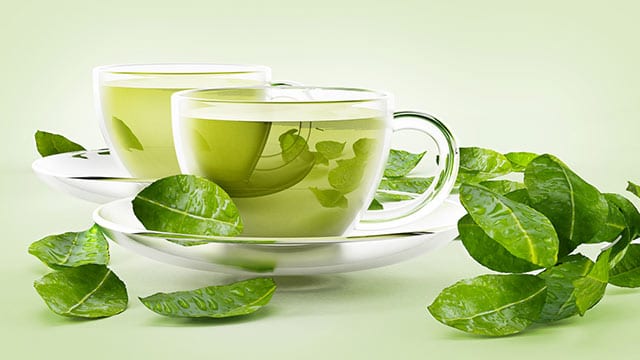Medicine or Malarkey: Can Tea Increase Your Metabolism?
March 13, 2015

Tea has been cultivated for its medicinal properties for millennia — one popular Chinese legend places its discovery as early as 2737 B.C. You may have heard that drinking certain types of tea can help your metabolism – but is that really true? What other benefits might it have?
The well-noted benefits of green tea consumption are numerous, from improving brain function, fighting allergies and helping with oral hygiene to reducing risk of stroke and multiple types of cancer. As far as metabolism goes, it’s not a “weight-loss wonder drug.” There is not yet scientific consensus on its metabolic benefits. However, some studies have suggested that 3-5 cups of green tea can increase metabolic rate by 4%. Another study has linked the combination of green tea and exercise with enhanced regulation of energy metabolism. Green tea also hinders fat absorption and helps the body regulate glucose (slowing the rise of blood sugar and preventing insulin spikes). Also, substituting green tea for other caffeine sources such as sodas or coffee (with cream and sugar added) will definitely decrease your caloric intake.
Does Adding Milk Negate the Nutritional Effects of Tea?
This is a myth you’ll often hear concerning tea and milk, suggesting that the milk hinders tea’s anti-oxidant properties. A recent study by the Journal of Agricultural Food and Chemistry largely debunks this idea, saying that catechins (anti-oxidant elements) were absorbed similarly with both plain black tea and tea with milk in it. So go ahead and enjoy it!
